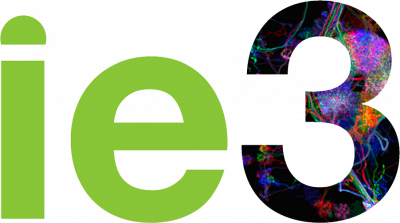Emerging Processes:
Defining, documenting and communicating frameworks and strategies of organizational change.

![]() Underlying hypothesis: If concepts such as " inclusive practices" are clearly defined with broad input and support by the community, it is then possible to work and communicate within and across institutions
Underlying hypothesis: If concepts such as " inclusive practices" are clearly defined with broad input and support by the community, it is then possible to work and communicate within and across institutions
Articulating concepts like inclusive teaching allows us to recognize observable behaviors that institutionalize educational justice. UConn is specifically interested in how operationalizing frameworks work and gather field data related to these questions: 1.) What do faculty and students currently consider to be characteristics of inclusive and -per extension-excellence in teaching? and 2.) Are views of the two groups aligned, and what evidence is needed, but reasonable to collect for judgements about inclusive teaching excellence?
Defining
How can we best reflect on language that is NEEDED, USABLE and USEFUL for our LCC5 and individual institutions
- Reach a consensus
- Define common usage
- Identify focal terms
Documenting
- To begin to answer what terms are meaningful to LCC5, we probed:
- LCC5’s Proposal Narrative
- National Academies Advancing Antiracism, Diversity, Equity, and inclusion (2023)
- NSF Inclusive STEM Project
- Jamboard reflections
Communicating
We propose a shift away from static definition towards finding ways to improve communication through agreed upon usage within a specific context and how to facilitate conversations around evolving definitions of difficult terms.
- Pertinent terms
- Case Study
- Reflective Workshop (can we use co-creation models?)